Mel Stewart Hankla – The Return of Cassius Marcellus Clay!
Our speaker on Tuesday, April 9, 2024, will be Mel Stewart Hankla, a Kentucky original, just like the subject of his talk!
Born and raised in Jamestown, Kentucky, Mel earned his bachelor’s and master’s degrees from Western Kentucky University. He then earned his doctorate in Education Administration through the cooperative Doctoral Program at the University of Louisville and Western Kentucky University.
Mel is the founder of American Historic Services, LLC, where he is a noted collector, researcher, writer, and lecturer on Kentucky’s heritage. He is the co-founder and past president of the Contemporary Long Rifle Association and editor of its magazine, American Tradition. As a writer and collector, Mel authored the magnificent book, Into the Bluegrass: Art and Artistry of Kentucky’s Historic Icons.
Mel is a builder of traditional Kentucky long rifles; his craftsmanship and skill led to the National Endowment of the Arts awarding to him a Folk Arts Apprenticeship Grant to study under the legendary Kentucky rifle smith, Hershel House.
As a historical actor and educator, Mel worked for 20 years with the Kentucky Humanities Council presenting Chautauqua characters of frontiersmen Simon Kenton and General George Rogers Clark. In 2012 Mel was cast for the leading role in the PBS documentary “An Audacious American:” The Story of Kentucky Abolitionist, Cassius Marcellus Clay. It is from his work on that film that we will hear from him on April 9th. Please come and bring a friend. It promises to be a delightful evening.

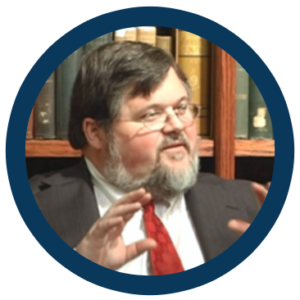 President’s Report | Welcome Back to Lexington: Brian Steel Wills
President’s Report | Welcome Back to Lexington: Brian Steel Wills P
P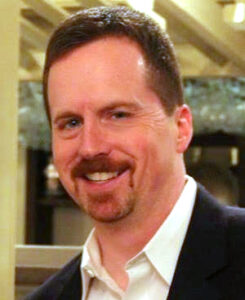 J
J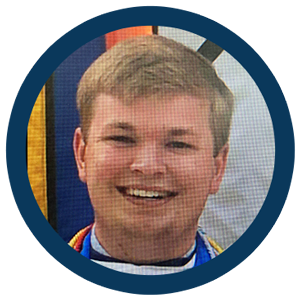 Cameron Sauers is a summa cum laude graduate in History from Gettysburg College under our friend and frequent speaker Dr. Peter Carmichael and is studying for his master’s degree and doctorate in History at the University of Kentucky under one of our executive committee members, Dr. Amy Taylor. This fascinating lecture discusses how and why the American Civil War influenced the work of F. Scott Fitzgerald, author of The Beautiful and the Damned, Tender is the Night, This Side of Paradise, and, of course, The Great Gatsby.
Cameron Sauers is a summa cum laude graduate in History from Gettysburg College under our friend and frequent speaker Dr. Peter Carmichael and is studying for his master’s degree and doctorate in History at the University of Kentucky under one of our executive committee members, Dr. Amy Taylor. This fascinating lecture discusses how and why the American Civil War influenced the work of F. Scott Fitzgerald, author of The Beautiful and the Damned, Tender is the Night, This Side of Paradise, and, of course, The Great Gatsby.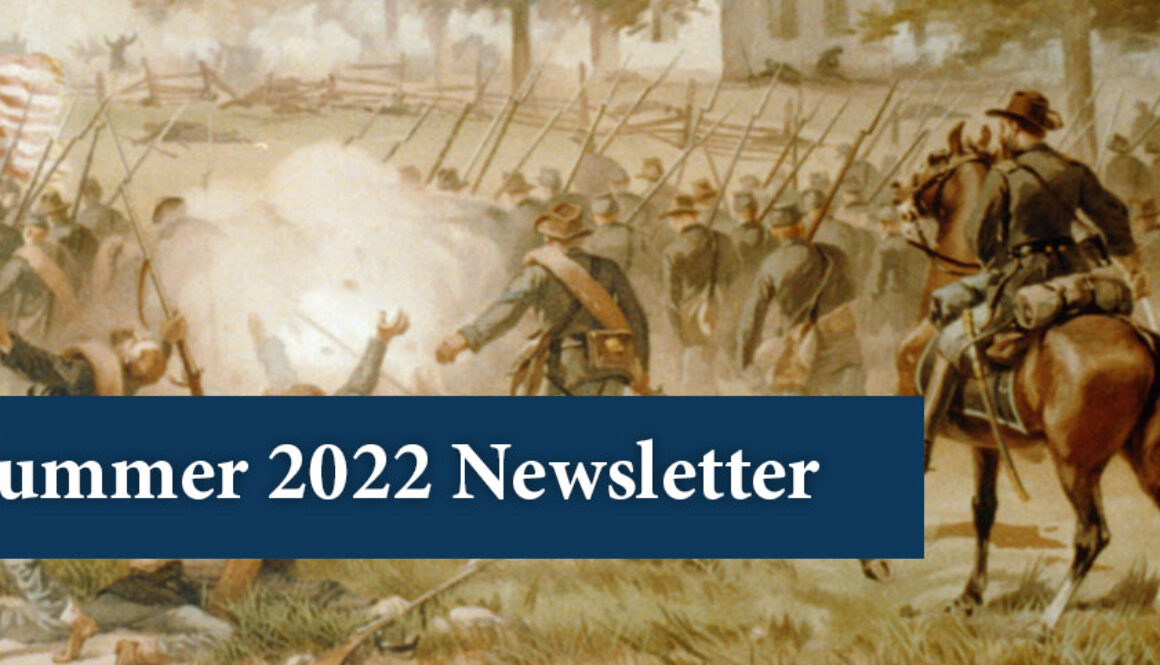
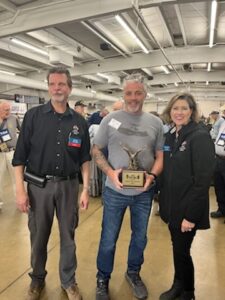 Congratulations to KCWRT Member Phil McCoy. This past May, Phil’s display of “Photographs and Relics of John Hunt Morgan and His Men” won Best of Show at the 44th Annual Ohio Civil War and World War II Show in Mansfield, Ohio.
Congratulations to KCWRT Member Phil McCoy. This past May, Phil’s display of “Photographs and Relics of John Hunt Morgan and His Men” won Best of Show at the 44th Annual Ohio Civil War and World War II Show in Mansfield, Ohio.